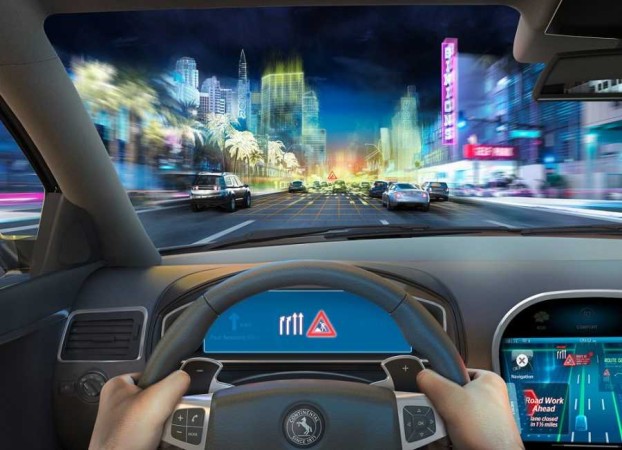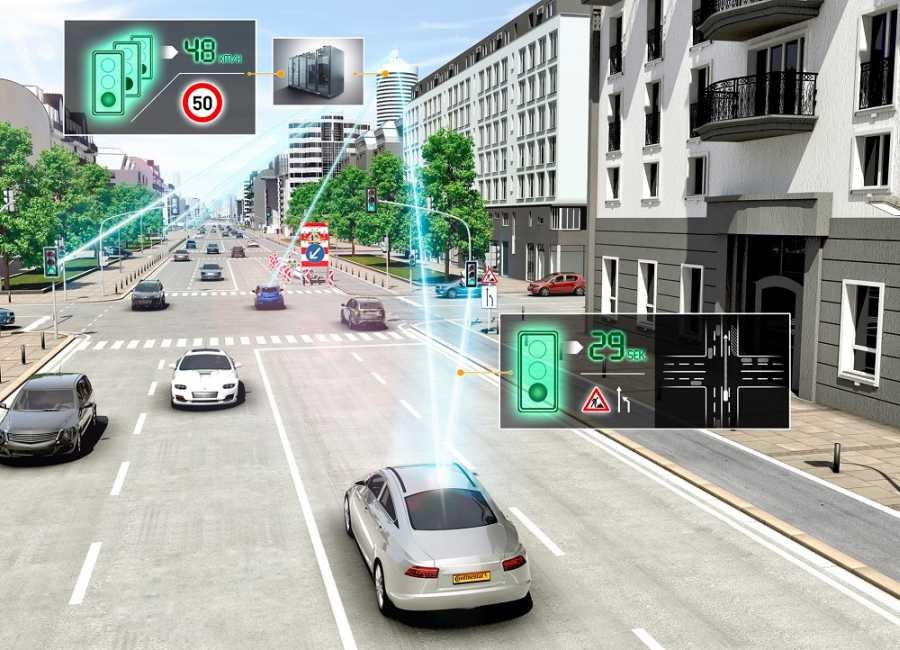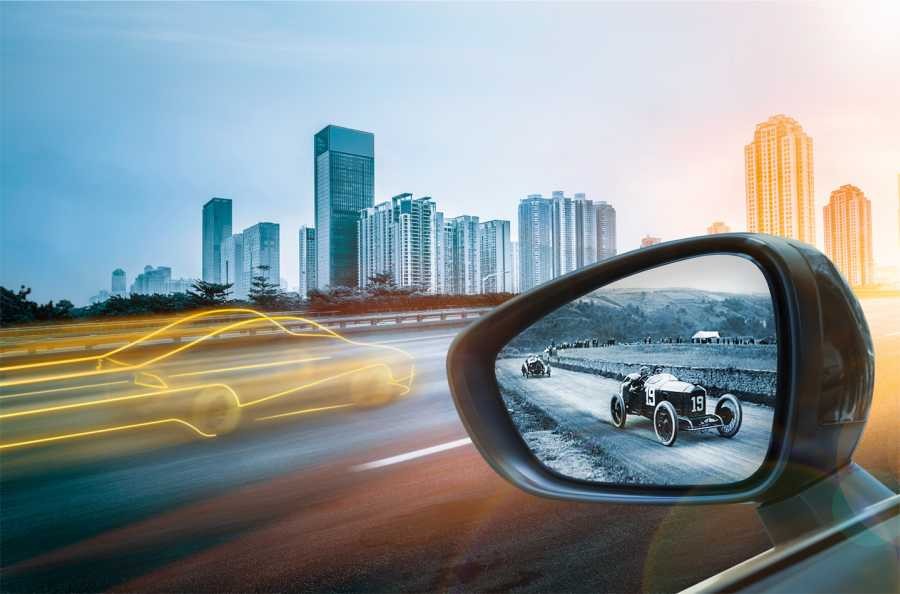Drivers reveal fears over self-drive cars

The majority of UK motorists are worried about the safety of a fully autonomous vehicle.
And more than half are also concerned that technology failing would result in the vehicle breaking down.
Some 40 per cent mistrust the concept of a self-driving car and a fifth of motorists say it even scares them.
The research, on behalf of Continental Tyres, is part of the company’s Vision Zero commitment, which aims to eliminate road accidents through innovative tyre technologies and automotive systems.
 Despite concerns, the 2,000 people surveyed also highlighted major advantages of driverless vehicles – principally the scope for safer roads, more efficient and reduced journey times and having to concentrate less.
Despite concerns, the 2,000 people surveyed also highlighted major advantages of driverless vehicles – principally the scope for safer roads, more efficient and reduced journey times and having to concentrate less.
Yet when asked about their view on the prospects of autonomous vehicles a quarter of UK motorists believe that motoring and technology companies could exaggerate what is possible.
Continental Tyres’ safety spokesman Mark Griffiths said: “Safety is of utmost importance at Continental when it comes to any of our products or automotive technologies and it is clear from this research that UK motorists identify with safety as a significant trust factor.
“There are very exciting times ahead with the advent of automated technology, though with any advance comes concerns.
 “As a leading automotive business we play an important role in educating people about safety, right across the vehicle from our automotive systems to our premium tyre ranges.”
“As a leading automotive business we play an important role in educating people about safety, right across the vehicle from our automotive systems to our premium tyre ranges.”
The results have been released just before the end of the Consumer Technology Show in Las Vegas where connected cars have been one of the hot topics.
Only five years ago no automotive brands were present at the show – an indicator of how fast-moving the area is.
The top ten list of advantages of autonomous driving as identified by UK motorists in the study are:
- Road safety.
- More efficient and reduced journey times.
- Less concentration required.
- Reduced insurance costs (through fewer accidents).
- Opportunity to use mobile.
- Increased mobility for non-drivers.
- Opportunity to eat in the car.
- Opportunity to read in the car.
- More productive use of time
- Opportunity to use tablet/laptop.










